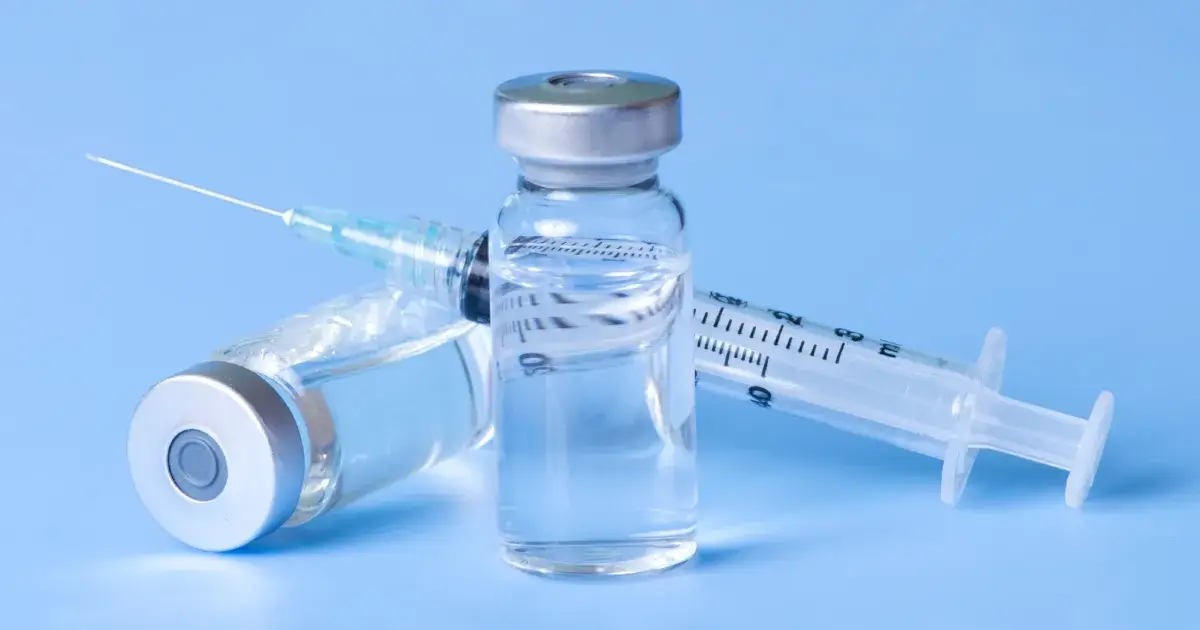Table of Contents
A procedure known as liposuction can be used in plastic surgery to eliminate excess fat from a person’s body. Lipo, lipoplasty, and body contouring are all names for the same procedure. It is an option that is frequently sought after in the field of cosmetic surgery.
Liposuction is often performed on patients so that they might achieve a more desirable body structure or contour. They desire to reduce the amount of fat in problem areas like their thighs, hips, belly, arms, or back. In most cases, people have attempted to get rid of such fat deposits by diet and exercise, but have been unsuccessful.
Liposuction is not a method that can be used to lose weight. Before considering it, you should have a conversation with your primary physician about the possible serious risks and consequences.
What You Should Anticipate During the Liposuction Procedure
The liposuction results and the amount of time needed for recovery can vary greatly depending on the region of the treated body. Some treatments can be done in an outpatient facility, while others require the patient to spend the night in the hospital.
When doing liposuction, a general anesthetic is administered. A highly qualified anesthesiologist will select the appropriate dosage to provide to you to ensure that you remain asleep throughout the procedure.
After you come out of the anesthetic, you will most likely be in discomfort, and throughout the recovery phase, you will also feel pain. This whole thing is perfectly normal and should not cause you any fear because it is a part of the process.
Your surgeon will be able to provide you with treatment options that will make the discomfort you experience after surgery more bearable. After having liposuction, it is not uncommon to have symptoms such as swelling, discomfort, bruising, tingling, and soreness.
The Ideal Patient for a Liposuction Procedure
Patients will be examined at the appointment to ensure that they keep a low-risk level and will likely obtain the best possible results. The goal of this evaluation is to keep the risk level as low as feasible. Strong candidates do not have excess body fat, do not smoke, possess good skin elasticity, have muscular tone, are relatively healthy, and most significantly, have sections of fat that do not appear to be able to be reduced using natural methods of fat loss.
The following individuals are good candidates for liposuction:
- Deposits of fatty tissue that do not respond to either diet or exercise.
- Elastic skin
- Not overweight (BMI under 30)
- Does not smoke
- Excellent condition, both physically and mentally
Risks
As with any other cosmetic operation, liposuction comes with the potential for both medical and physical complications. Risks to your health are referred to as medical risks, while hazards to your appearance, often known as aesthetic risks, are those that can change the way you look but do not compromise your health.
Results
Until the irritation has subsided, the outcomes of the liposuction procedure cannot be accurately assessed. In some circumstances, this could take a few months to complete. After around four weeks, most of the edema should have decreased, and the region from where fat was extracted should look less puffy.
In most cases, people who successfully keep their weight stable can anticipate their results to be permanent. Those who find that they have a different distribution of fat following the operation may find that they gain weight after it. Those individuals who have historically struggled with fat accumulation in their hips may discover that their buttocks are now their primary area of concern.
Things to Prepare
Consumables and medicinal products
Have a conversation with your physician about what you can anticipate before the procedure. The medical history will be reviewed, and your surgeon will inquire about any preexisting diseases, drugs, vitamins, or herbs you may use.
At least three weeks before surgery, your doctor will advise you to discontinue the use of certain medicines, such as blood thinners or nonsteroidal anti-inflammatory drugs (NSAIDs). In addition, you might be required to have specific laboratory tests done before your treatment.
Additional safety measures
If your procedure calls for removing a negligible quantity of fat, the operation might be performed in an office rather than a hospital. If a significant quantity of fat is going to be removed or if you are planning on having additional treatments done at the same time, the surgery may be performed in a hospital, and you may be required to stay there overnight afterward. In either scenario, you should arrange for somebody to drive you home following the treatment and stay alongside you for at least the first night after it.
After Care
After the treatment, you should brace yourself for discomfort, inflammation, and bruising. Your surgeon may recommend medicine to help control the pain and antibiotics to lessen the likelihood of infection following surgery.
Following the operation, the doctor may choose to keep your incisions open and install temporary drains to facilitate fluid flow away from the affected area. Compression garments, which are tight clothing worn to help reduce swelling, typically need to be worn for several weeks.
You may need to wait a couple of days before going back to work, and it can be a few weeks before you can resume your regular activities, including working out.
You should be prepared for some contour inconsistencies during this time as the residual fat settles into place.
Liposuction is a cosmetic operation that is elective but comes with significant hazards. It is not a replacement for losing weight, and not everyone is eligible to use it even if they want to. Before undergoing the procedure, you must consult a board-certified surgeon to discuss any potential issues and risks. You need not look further for a skilled doctor if you book an appointment with Gentle Giant Care in Atlanta, GA, and Beverly Hills, CA.






